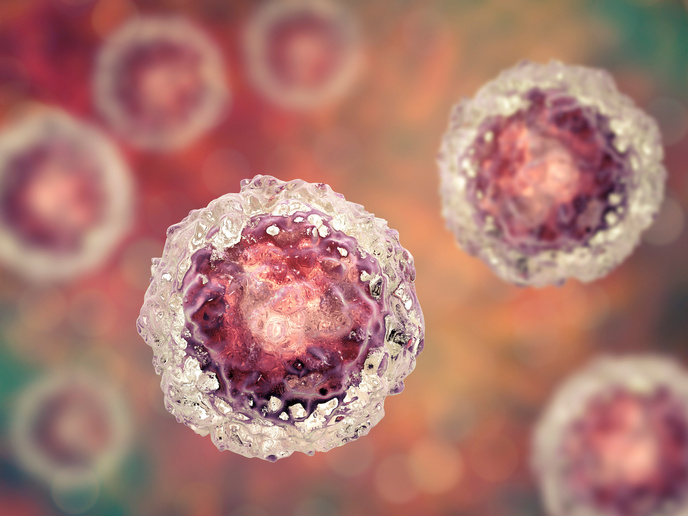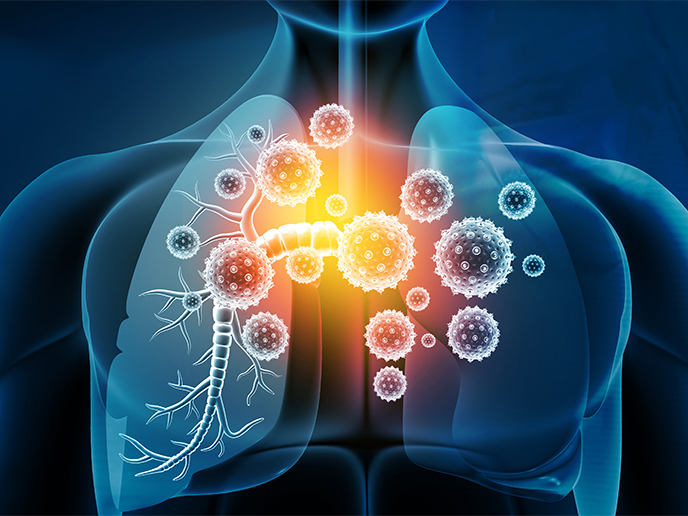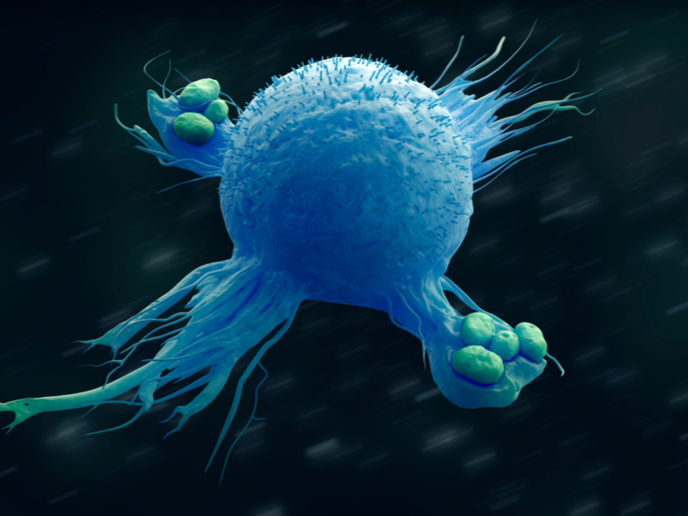The role of metabolites in pluripotent stem cell modification
Our cells have a specific identity: they somehow know what they are, and they never ‘forget’. Our neurons never become skin cells or blood cells, they somehow know they are neurons and never change identity. Chemical modifications tell cells what they cannot be, acting like ‘molecular fences’ that a cell cannot cross. This process involves repressive modification to chromatin, a mixture of DNA and proteins that form the chromosomes found in the cells of humans and other higher organisms. “Understanding how such modifications are added and removed is fundamental; it tells us how cells know, and remember, what they are,” says Graziano Martello, principal investigator on the MetEpiStem project, which he conducted at the University of Padua in Italy. Martello focused his attention on pluripotent stem cells (PSCs), which have the fascinating capacity to become any cell type of the body. “These have low repressive modifications, so they can become whatever they want. This is a unique cell state, and understanding how this is achieved is fundamental and fascinating!” adds Martello. The project, supported by the European Research Council, set out to establish how metabolism is regulated in PSCs and whether this is important for their biology.
The relationship between diet and epigenetic modification
Recently it has become clear that metabolism and epigenetic modifications can talk to each other. “Actually, the presence of specific nutrients in the environment, or in our diet, can impact epigenetic modification and, eventually, the behaviour of the cell,” notes Martello. The project aimed to understand if specific metabolites can change the chromatin of PSCs, ultimately conferring to PSCs their unique differentiation potential. “This matters because when we want to generate PSCs or differentiate them, we need to give the right nutrients. What if we fail to differentiate PSCs into, for example, good neurons simply because a specific amino acid is missing from their ‘diet’?” Martello asks.
Measuring all the metabolites inside the cell, and their use
New tools are in the hands of researchers such as Martello, who made full use of them. The application of metabolomics, and flux metabolomics, has become more routine over the last 10 years. These techniques measure all the metabolites inside the cell, or how the cell uses a specific metabolite. “In our study, for instance, we saw that a specific amino acid, called glutamine, is used by PSCs to keep the low levels of epigenetic modifications I mentioned,” explains Martello. The project also harnessed an additional methodological step forward: the use of computational techniques to simulate the metabolism of the cell. As Martello notes: “We can take the metabolomics data and ask the computer what chemical reactions are active in the cell. This can reveal more of the metabolism of the cell, giving researchers a virtual version of cellular metabolism, which can be interrogated.”
Identifying a metabolite that affects the epigenetic profile of PSCs
Martello’s team identified a specific metabolite, whose levels affect the epigenetic profile of PSCs. “By simply adding or removing such a metabolite from the medium used to culture PSCs, we can see dramatic changes in the epigenetic profile of the cells.” The findings are set out in ‘Nature Genetics’. “Seeing such a potent effect and dissecting the molecular mechanism controlling it was extremely satisfying, and I am sure it will have implications for future research beyond the PSC field,” says Martello.
Keywords
MetEpiStem, epigenetic modification, metabolites, PSC, cells, pluripotent stem cell, diet







